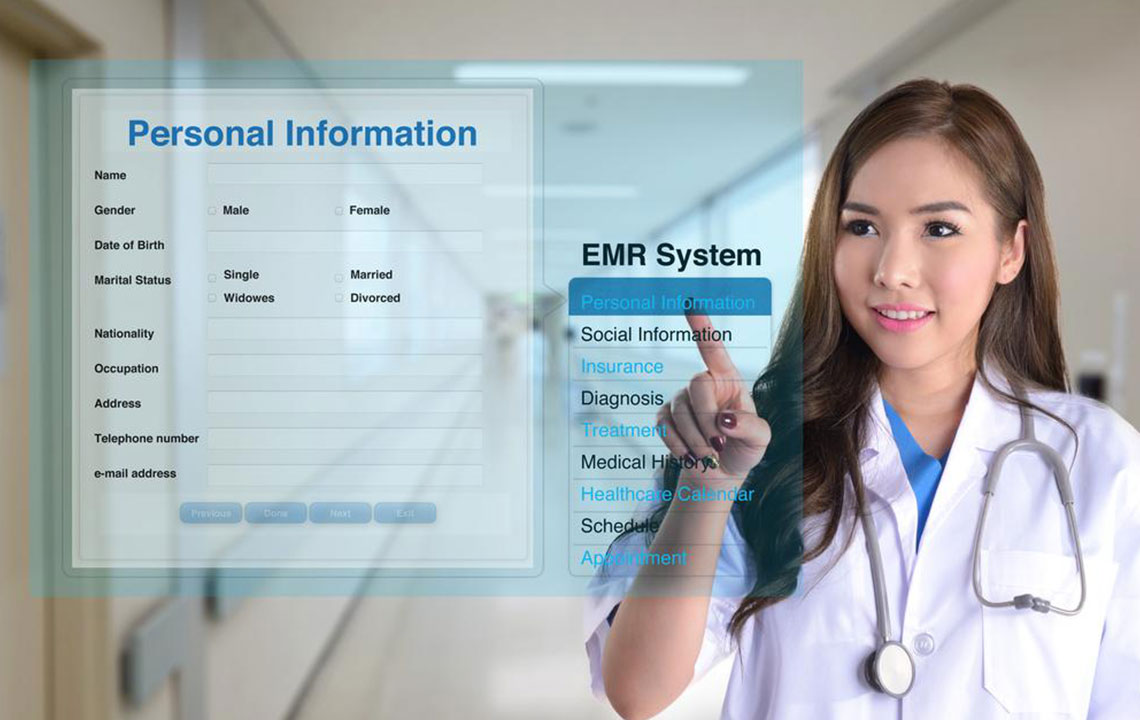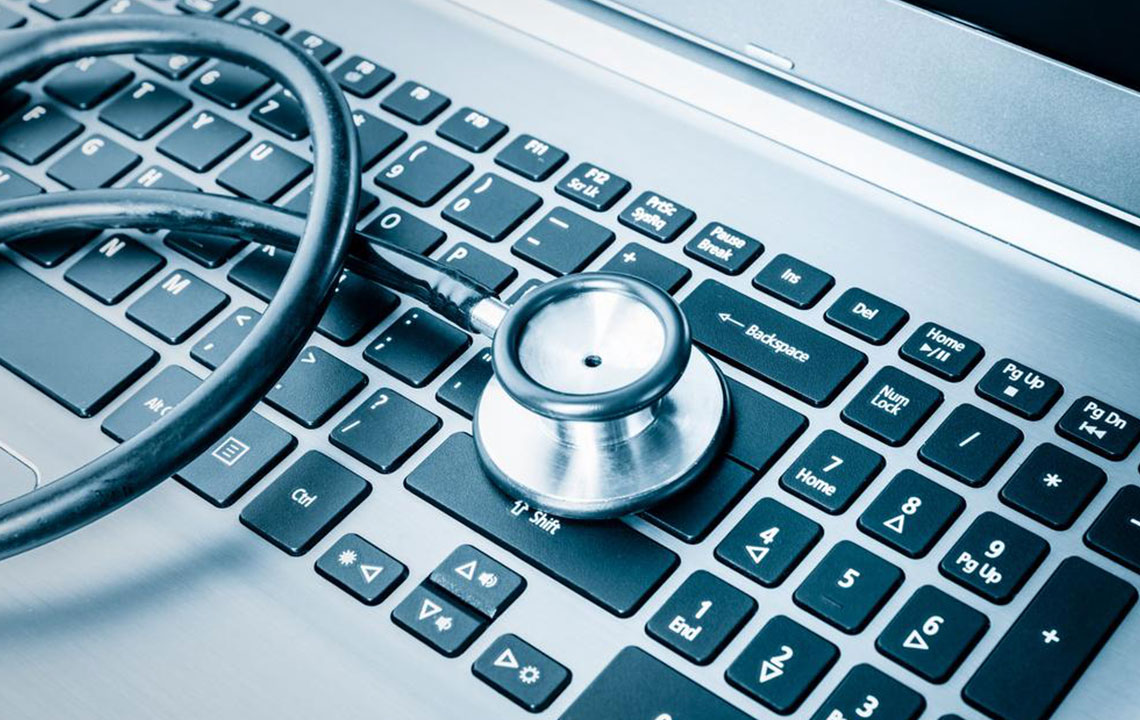Transforming Healthcare Through Electronic Medical Records: A Deep Dive into Modern Medical Data Management
Discover how Electronic Medical Records are revolutionizing healthcare by improving efficiency, reducing costs, and enhancing patient care through innovative digital data management. Learn about the benefits, security measures, and future trends shaping modern medicine.

Transforming Healthcare Through Electronic Medical Records: A Deep Dive into Modern Medical Data Management
In recent years, technological advancements have profoundly reshaped various industries, with healthcare standing at the forefront of this revolution. A pivotal development in medical technology has been the widespread adoption of Electronic Medical Records (EMRs). Unlike traditional paper-based documentation systems, EMRs utilize sophisticated digital platforms to organize, store, and manage patient health information more efficiently and securely. This transition marks a significant milestone in improving healthcare delivery, patient safety, and operational efficiency within medical institutions worldwide.
Electronic Medical Records fundamentally change how healthcare providers access and utilize patient data. Each patient is assigned a unique digital profile that consolidates all relevant health information, including medical history, laboratory results, radiology images, medication lists, and treatment plans. This digitization of records makes data retrieval faster, more accurate, and accessible across multiple clinics or hospitals, which enhances coordination among healthcare professionals and reduces redundancies.
The implementation of EMR systems has been a game-changer for the healthcare industry. It streamlines data management processes, leading to more timely diagnoses and effective treatment strategies. Ultimately, EMRs contribute significantly to elevating the quality of patient care, reducing healthcare costs, and optimizing clinical workflows.
Benefits of Adopting Electronic Medical Records
Despite initial reservations from some medical professionals concerned about data security and system complexity, the long-term advantages of EMRs are undeniable. Continuous technological improvements and security upgrades further enhance data safety and system reliability. Here are the primary benefits that have driven the widespread adoption of EMR technology across healthcare systems globally:
Cost Reduction
The shift from paper to electronic records results in substantial cost savings for healthcare facilities. Electronic storage eliminates expenses tied to paper procurement, physical storage spaces, and archival maintenance. Additionally, EMRs reduce the risk of lost or damaged records, minimizing the need for costly record recovery or duplication.
Time Efficiency
Medical professionals spend less time searching for patient histories and lab results with digital access. EMRs enable instant retrieval of critical patient data, allowing clinicians to dedicate more time to direct patient care rather than administrative tasks.
Improved Patient Outcomes
Clear, accurately recorded patient data reduces errors stemming from illegible handwriting or manual entry mistakes. EMRs support clinical decision-making with comprehensive, up-to-date information, leading to better diagnostic accuracy and tailored treatment plans.
Overall, the integration of EMR systems represents a transformative shift in healthcare practice. Clinics, hospitals, and healthcare providers aiming to enhance efficiency, security, and patient satisfaction are increasingly compelled to adopt this innovative technology.
Looking ahead, further advancements in EMR technology, including integration with Artificial Intelligence (AI), machine learning, and remote health monitoring devices, promise even greater enhancements in healthcare quality and accessibility. As data security continues to be a priority, ongoing developments ensure that patient information remains protected, fostering trust and compliance with regulatory standards.
In summary, Electronic Medical Records are not just a digital alternative to paper files; they are a cornerstone of modern healthcare infrastructure, shaping a future where patient-centered, efficient, and safe medical services become standard practice across the globe.




